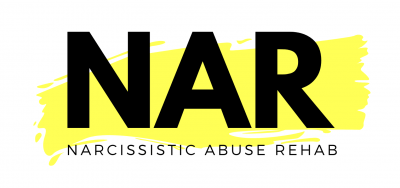Trauma refers to experiences that exceed a person’s capacity to cope, affecting their mental, emotional, social, and spiritual well-being, and diminishing their quality of life. It may stem from a single incident or multiple, sustained occurrences.
Some common causes are:
- Collective violence (scapegoating)
- Intimate partner violence (domestic violence)
- Financial abuse
- Natural disasters
- Neglect
- Medical trauma
- Psycho-emotional abuse
- Sexual assault
- Traumatic grief
Trauma Symptoms
Traumatic experiences can trigger the activation of the sympathetic nervous system, responsible for initiating our fight-flight-freeze and fawn responses to perceived threats. When this system is active, it releases stress hormones and temporarily changes the way our mind works, affecting our thinking and emotions. It’s important to understand that our reactions to these experiences are adaptive. Symptoms arise as a natural response to overwhelming and distressing experiences that threaten our safety and well-being. Their purpose is to help us survive dangerous situations. However, problems arise when trauma is severe or ongoing, our sympathetic nervous system remains active leading to a number of persistent psycho-emotional and physical symptoms.
Psycho-Emotional Symptoms
Some of the psycho-emotional reactions commonly seen are:
- Anger
- Anxiety
- Confusion
- Denial
- Depression
- Difficulty concentrating
- Dissociation
- Fear
- Flashbacks
- Guilt
- Hyper-vigilance
- Irritability
- Mood swings
- Panic
- Self-blame
- Shame
- Shock
- Shame
- Social isolation
Physical Symptoms
Some of the physical reactions commonly include:
- Aches
- Exhaustion
- Fatigue
- Health palpitations
- Hyperarousal
- Insomnia
- Nightmares
- Muscle tension
- Chronic pain
What Does Trauma-Informed Recovery Coaching Look Like?
Trauma-informed recovery coaching provides compassionate and holistic support for people as they strive towards healing and post-traumatic growth. Clients are empowered to set goals and work in collaboration with their coach to develop greater self-awareness and resilience while processing the underlying cause(s). It is a collaborative effort between the client and coach, who arms the client with tools to cope with triggers and regulate emotions while building self-confidence and trust. Visit our coaching page to book a session.






